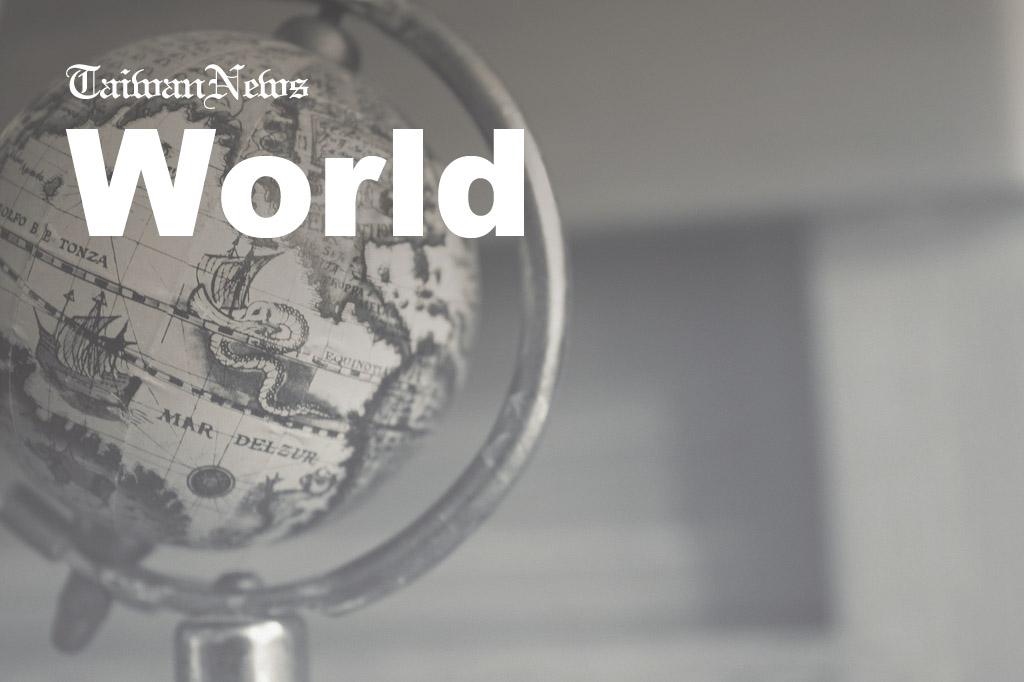Around a year and a half ago, Split set out on a mission to improve diversity, equity, and inclusion (DEI) within our organization. We formed a dedicated task force with the aim of creating a more inclusive and equitable work environment for all our employees. We believe that DEI is not just a moral imperative, but it is also essential for business success.

Why is DEI important?
The benefits of having a diverse and inclusive workforce are numerous. A diverse workforce brings different perspectives, experiences, and ideas to the table, which can lead to better decision-making and problem-solving. It also allows companies to appeal to a wider range of customers, which can contribute to increased revenue and brand loyalty.
Furthermore, research has shown that companies with more diverse teams have higher employee satisfaction levels, lower turnover rates, and stronger financial performance. A Forbes article reported that diverse teams are 35% more likely to financially outperform their less diverse counterparts.
Unfortunately, even though many companies recognize the importance of DEI, they struggle to create a diverse and inclusive environment. According to a survey by McKinsey & Company, only 27% of senior executives believe that their companies have succeeded in creating a diverse and inclusive workplace.
So, what can be done to improve DEI in the workplace?
Creating a DEI Taskforce
One of the first steps that Split took was to create a dedicated DEI task force. This task force was made up of members from across the organization who were passionate about DEI and committed to driving change.
The task force's first task was to conduct a thorough review of the company's processes and policies to identify areas of improvement. They looked at everything from hiring practices and promotions to work culture and employee benefits.
The task force also sought input from employees to better understand their experiences and opinions on DEI within the organization.
Implementing DEI Initiatives
After conducting the review, the task force identified several areas for improvement and developed a series of initiatives to promote DEI within the organization. Some of the initiatives included:
1. Diversity training for all employees: Every employee at Split receives mandatory training on diversity, equity, and inclusion.
2. Improving hiring practices: Split set out to remove any biases that might exist in the hiring process. We revamped our job descriptions to make sure they were inclusive, and we now have our hiring managers participate in anti-bias training.
3. Employee resource groups: Split created employee resource groups to provide support and guidance for employees who are members of underrepresented groups.
4. Implementing equal pay: Split implemented an equal pay policy, which ensures that employees are paid equitably based on their role, regardless of age, gender, or any other factors.
Measuring Progress
To ensure that the initiatives were having a positive impact, Split established metrics to track progress. We track metrics such as employee diversity, satisfaction levels, and promotions data.
Additionally, we conduct employee surveys to measure how people feel about DEI within the organization, and we have included DEI metrics in our annual report.
The task force also holds regular meetings to discuss progress, brainstorm new ideas, and address any challenges that arise.
In conclusion, Split sets out to improve DEI in our organization because we truly believe that diverse and inclusive teams lead to better outcomes. By creating a dedicated task force, implementing initiatives, and measuring progress, we are well on our way to achieving our goal.
We hope that by sharing our experience, other companies can learn from our example and take steps to promote DEI in their own organizations. Together, we can create a workplace that is truly inclusive and equitable for all.